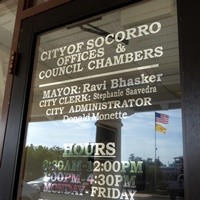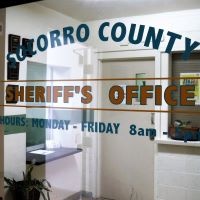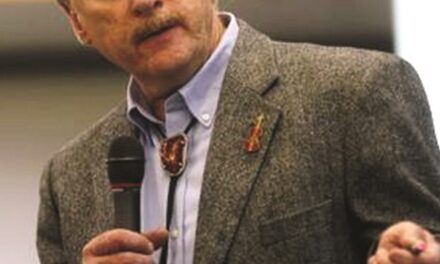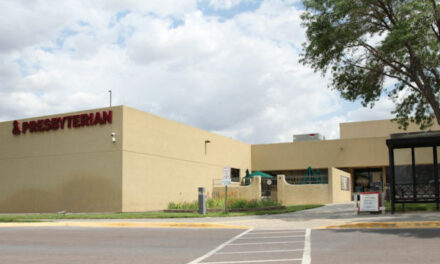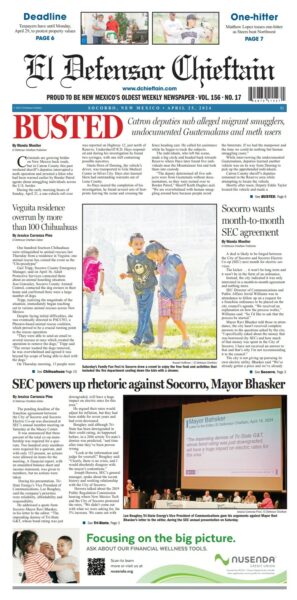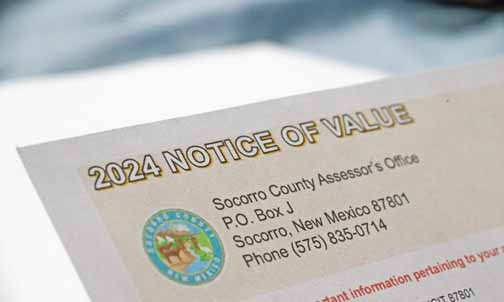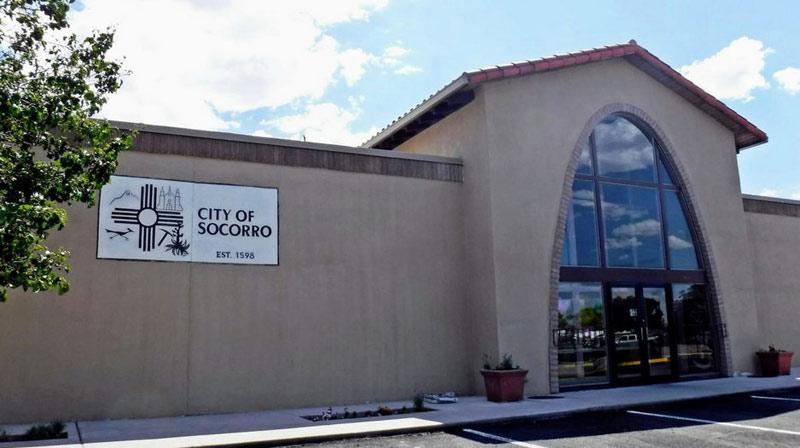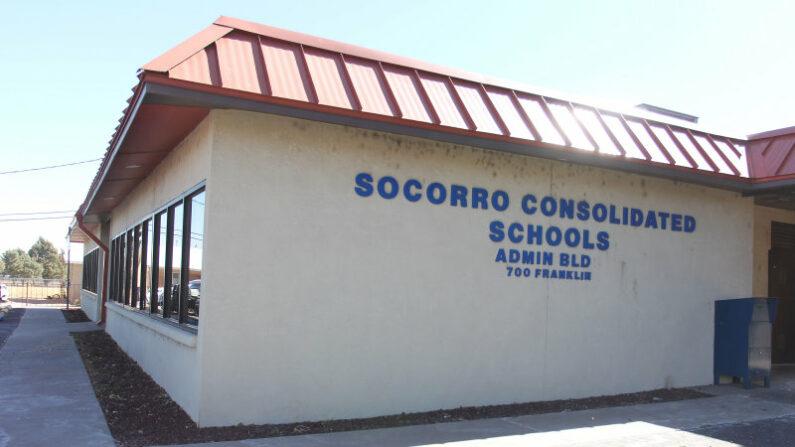
Socorro Consolidated School District, 700 Franklin Street
With students heading back into the classroom, some for the first time since the pandemic began in 2020, there may be a wave of students who need mental health services or support.
Frances Fuller, social worker for Socorro Consolidated Schools, expects to see more students needing help with anxiety at the start of the school year since online-only learning will no longer be an option this year. Some students will be back in person for the first time.
The district has resources for students, including a counselor or social worker in every school and a school-based health center that Socorro Mental Health operates at the high school. The health center is open to all students in the district.
There is also a juvenile diversion program that can help students struggling with attendance address barriers to coming to school.
Project Aware
One of the newer resources in the schools is Project Aware. The five-year grant began last year and provides funds for a therapist who students can meet with and a navigator who can help families apply for benefits, apply for jobs and navigate community resources.
The Project Aware grant is designed to help the district build infrastructure it needs to maintain the positions long-term, said Fuller.
School therapists can help students get through the moment and build coping skills, said Fuller, but the Project Aware therapist can do a little more, like working with students if there’s trauma, chronic issues or self-harm. She can go to all of the schools in the district and have sessions with families at home outside of school hours.
If someone is struggling with thoughts of suicide, Fuller wants them to know they’re not alone.
“Just because you think something doesn’t mean you have to believe it. Oftentimes when people have thoughts like that, they come in a really heat of a moment and then they pass. So if someone is feeling suicidal or having thoughts about dying, I really want them to reach out to somebody, whether it’s somebody they know or somebody they don’t know through an anonymous resource.”
Signs that someone might be struggling include not taking care of themselves, not sleeping and eating, or sleeping too much. It’s important to check in with someone who recently experienced a close loss, said Fuller. If someone is struggling with complicated grief or seeing signs of it in someone they know, the district wants them to reach out, too.
“If you’re seeing complication, like you’re having your own thoughts of dying that are really disruptive, or you’re having trouble taking care of yourself or you’re really noticing that you’re not getting back on track, that can be a sign of complicated grief, which is OK. That happens.”
Mental Health Collaborative
SCOPE Health Council has launched a new mental health collaborative, which held its first meeting last week. It allows providers to work together to help patients get seen.
The first meeting was very positive said Fuller, because she could see just how many mental health providers are in the community.
“I don’t ever want people to not seek help because they think they’re not going to get in because they will,” said Fuller. “And if they say, ‘I’m trying and it’s not working,’ we as a collective, as the mental health provider community, we will figure out how to get them help. I don’t ever want people to not get in because there’s just a way.”
Providers can be creative about helping reduce workloads, by having school counselors see students who are not dealing with chronic issues. They can also work together to figure out why a patient who has a referral is having trouble getting in to see a provider, said Fuller.
Warrior Wellness & other hotlines
The district also has several other ways for students, parents or community members to reach out. The Warrior Wellness line was launched when school was entirely remote and reaches Fuller or one of the other school counselors.
“I think it’s important because I don’t ever want people to feel like they have to hold heavy things alone,” said Fuller.
Parents or caregivers can also reach out if they need support.
The district has also launched the Say Something app in Cottonwood Charter School and at Socorro High School. The anonymous reporting app is run through the Sandy Hook Foundation and allows anyone to send screenshots, text or call.
That app is operated out of a call center with clinical counselors. They have a memorandum of understanding with the school district and a process with the local 911 dispatch.
If someone sends in a tip and the counselors at the call center decide it is a life safety emergency, school counselors are notified and local law enforcement is sent to do a welfare check. If they decide it is not life safety, a school team will follow up on the tip.
“Even if a friend posted about being depressed, you can still report that and that’s a way that you can anonymously let someone know that your friend needs to be checked on and we will,” said Fuller.
The new national suicide and crisis lifeline number, 988, launched last month. 988 was formerly known as the National Suicide Prevention Lifeline.
The old 10-digit number was transitioned to the new three-digit number July 16. Calling 988 will connect you with trained crisis counselors who can help with suicide, mental health and substance-use related crises.
Grief Resources
The Grief Center of New Mexico, 505-323-0478
The Dougy Center, dougy.org
Additional Local Resources
Casa de Luz, family support services
The Socorro County DWI Program
SCOPE Health Council
Mental Health Services
Socorro Mental Health
Project Aware
New Mexico Tech Counseling Center
Hotlines
Warrior Wellness Line, 575-838-2543
Crisis text line, 741741
988 Suicide and Crisis Lifeline





